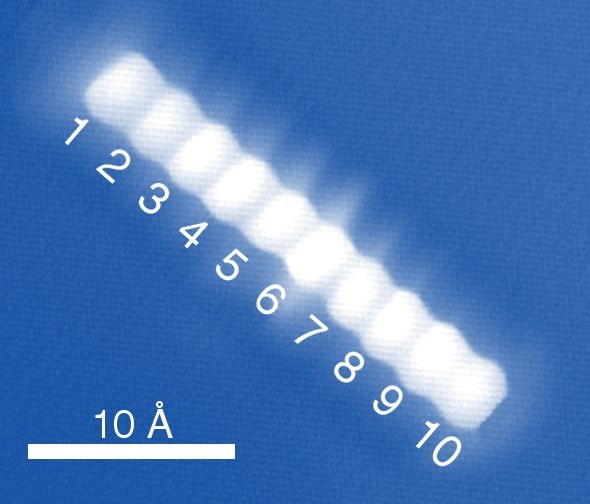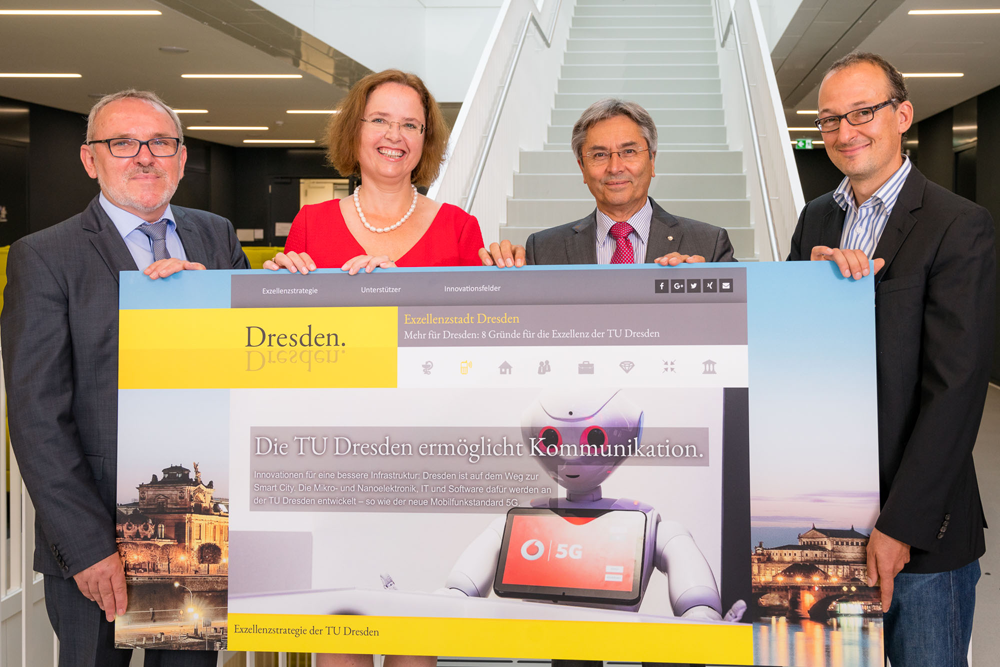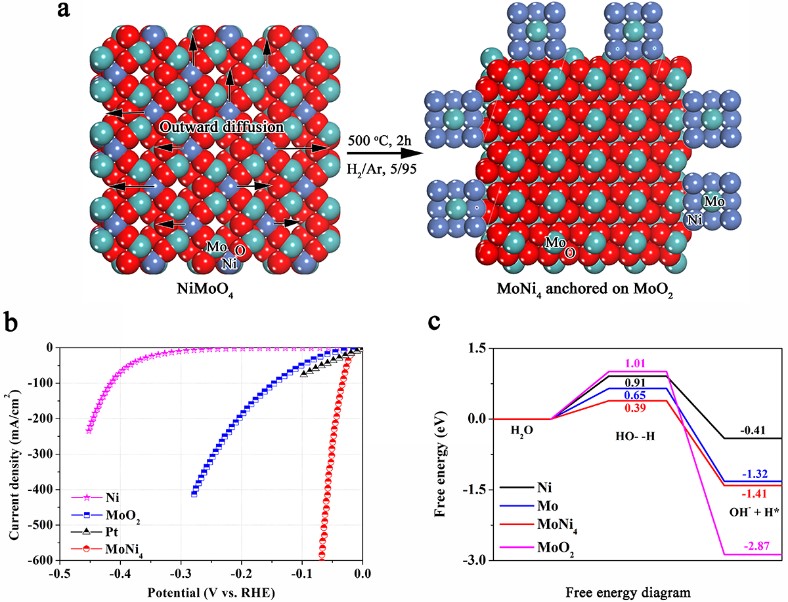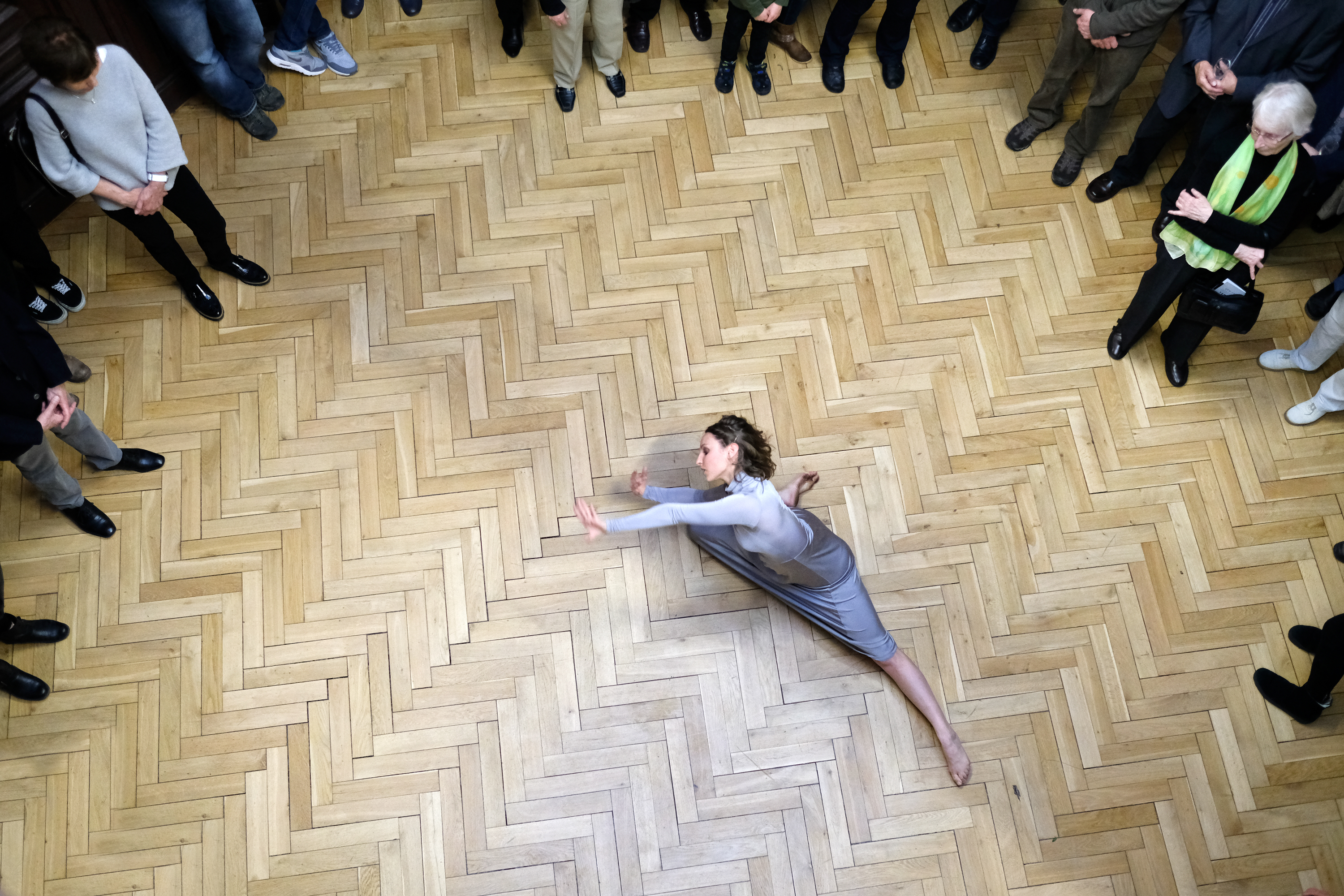Press Releases / Pressemitteilungen
Researchers from TU Dresden and CiQUS Obtain Decacene, the Largest Acene Synthesised Ever
Published on in PRESS RELEASES

Stadt Dresden und Technische Universität Dresden sind ein Gewinnerteam
Landeshauptstadt unterstützt Exzellenz-Bewerbung der TU Dresden - Landing Page freigeschaltet
Published on in PRESS RELEASES

Read more … Stadt Dresden und Technische Universität Dresden sind ein Gewinnerteam
Hamburg Science Award 2017 goes to Klaus Müllen and Xinliang Feng
PRESS RELEASE of the Academy of Sciences and Humanities in Hamburg / 26 June 2017
Published on in PRESS RELEASES
Read more … Hamburg Science Award 2017 goes to Klaus Müllen and Xinliang Feng
Synthesis of Molecular Hydrogen: Novel Method Sets Benchmark for Platinum-free Electrocatalysts
cfaed PRESS RELEASE / 18 May 2017
Published on in PRESS RELEASES

Avantgarde in Dresden — damals und heute. Die Villa Ida Bienert in Fotografien von Uta Caroline Thom
Pressemitteilung vom 18.04.2017
Published on in PRESS RELEASES

Page 19 of 32




